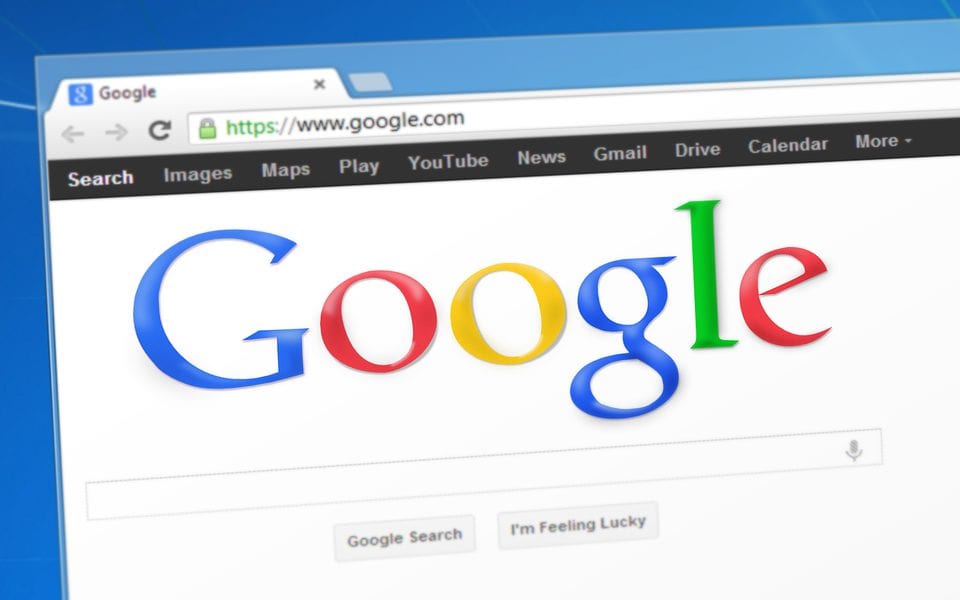Parents are Googling “is my son gay” 28x more often than “is my son a genius”, and more than twice as often as they’re Googling similar questions about their daughters.
In fact, people Google the same question about their husbands, uncles, fathers, and the other men in their lives way more than they ask about their daughter’s sexuality, according to multiple studies.
Sociologist Tristan Bridges, who studies gender identity, took a deep dive into the historical and social reasons these results may seem surprising, but actually aren’t. Really everyone raising and/or loving a member of the male sex should stop and evaluate their feelings when it comes to male sexuality – cause we’ve got a big ol’ double standard here.

Image Credit: Pixabay
Our society connects gender expression to sexual orientation, and when boys do things outside their gender “norm,” like crossdressing, playing with dolls, or befriending girls more often than boys, more often than not they do actually grow up to be gay or trans.
However, predicting homosexuality is not at all simple, and averages are almost never applicable on the individual level, which means that Googling “is my son gay” when he is young is not only useless but also potentially stigmatizing. Experts maintain that there is only one sign of homosexuality that parents should really be looking out for, and it’s when their child says, “I’m gay.”
Sociologists Monica Caudillo and Emma Mishel told Fatherly that they’d found the same gender gap during their 2016 research.

Image Credit: Pixabay
“We find that people ask Google whether their sons are gay about twice as commonly as whether their daughters are gay or lesbian. To really understand the patterns in Google search behavior we discovered, you need to understand the ways three interrelated theories of gender and sexual inequality overlap and work together.”
American culture values a strong link between masculinity and heterosexuality that is reinforced by boys calling other boys “gay” when they don’t act “manly” enough as a child. Therefore, masculine conformity is policed from a young age, while anything associated with females or femininity is simultaneously devalued.
Similarly, as a society we tend to question men’s heterosexuality more easily than women’s – females who have same-sex sexual encounters are free to maintain a heterosexual identity without trouble, while men who admit a single same-sex experience may be immediately labeled gay or bi-sexual, even if they don’t identify that way.
The data is pulled from anonymous Google searches, and the fact that researchers have no information on the searchers is both good and bad, scientifically. On the one hand, there’s no way to know if the people Googling are dads or moms, conservatives or liberals, etc. There’s no way to break down the results by demographic.

Image Credit: Pixabay
On the other, no one who’s data was studied knows they’re being studied, either, and there are advantages to that. According to Bridges,
“While people might, for instance, hesitate before checking “yes” on a survey asking whether they have ever questioned their children’s sexualities before, they might not have the same hesitancy in regards to asking Google questions.”
The sociologists all agree on one point, and it’s that the searches don’t necessarily mean parents are homophobic. They should, however, serve as a reminder that we all live in a society more unforgiving of boys who violate masculinity norms. Good parents have a duty to encourage boys as well as girls to be themselves.
Also, remember – Google doesn’t have answers, it only has information. What you choose to do with it is up to you.






